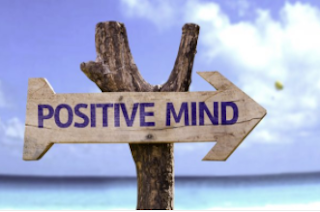Creativity and Mindfulness
Creativity and Mindfulness
I share 3 basic tips that can help you achieve greater
focus and better receptivity to begin to take control of your emotions and give
way to creativity:
1. No to
multitasking
If there is one thing common to all work environments
it is multitasking: we all end up doing fifty things at once as if we were an
octopus. Now a phone call, now the mail, eating a sandwich and now deciding how
I will title my next newsletter "Death by Stress".
Starting to eliminate multi-tasking means applying
mindfulness. It means being aware of the actions we are taking at each moment
so that we can focus much more on each of the actions we take at work.
Doing many things at the same time may seem
productive, but it ends up being just the opposite. By wanting to cover a lot,
we are not devoting 100% of our effort to anything in particular.
2. Accept the
things that cannot be changed
I'm sure you've heard this phrase more than once
(which as a mantra can be very useful): "If things have a solution, why do
you worry? If there's no solution, why do you worry?
There are things we can change, and things we can't.
And one of the most interesting points of mindfulness at work (and in life in
general) is that we must accept everything we cannot change.
For example, it won't do you any good to get angry
with a colleague who is always late, with a client who goes to the competition
or with someone who is always on edge if their decisions are not up to you.
3. Feel
gratitude
We often tend to focus more on the bad things that
happen to us than on the good things. Contrasts in life are normal, but we must
have the ability to appreciate both good and bad times to obtain the necessary
balance that will give us emotional stability.
Gratitude is the perfect antidote for positive moments
to come into their own: giving thanks for what you have and what happens to
you, and appreciating it in a real way, will have a direct impact on your
creativity, health, relationships and work. Being aware of all the positives in
your life (or work) will help you to improve your resilience and neutralise the
negative thoughts in your mind.
If you try to do some or all of these actions and find
that you're having a hard time, many mobile applications can help you carry out
your guided meditation.
So, you know, put it into practice!




Comentarios
Publicar un comentario